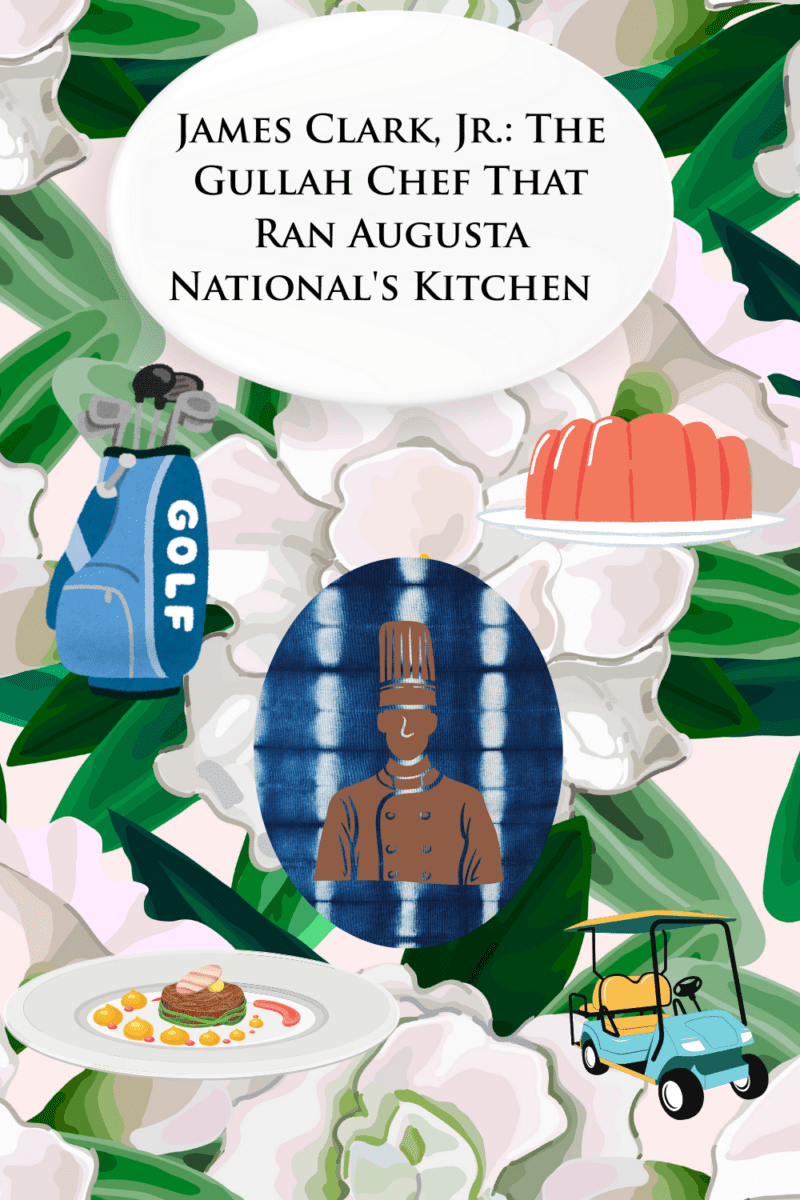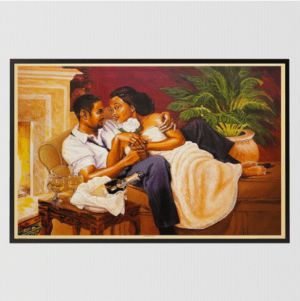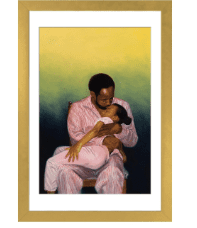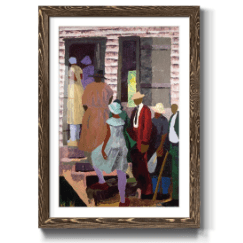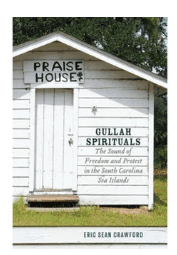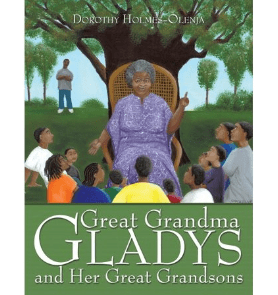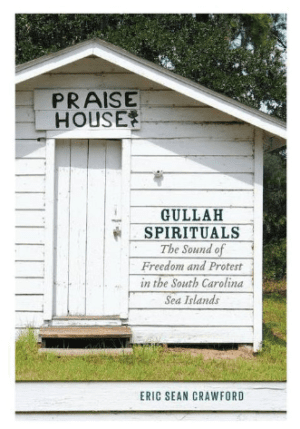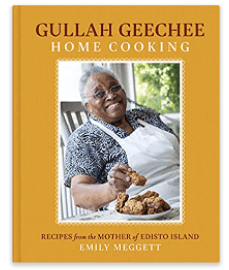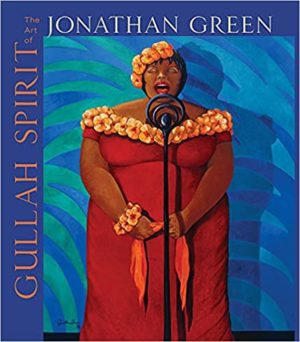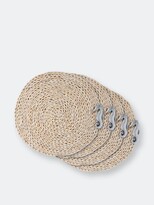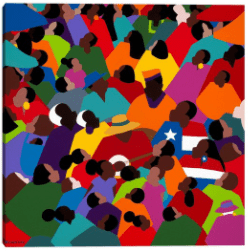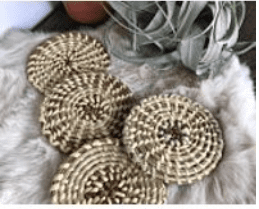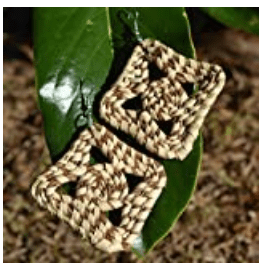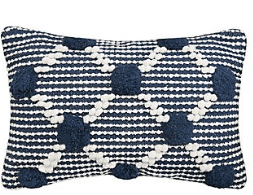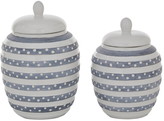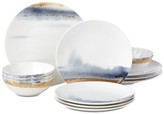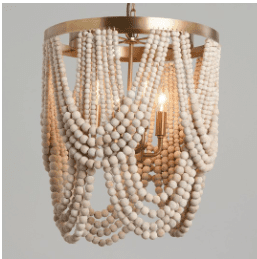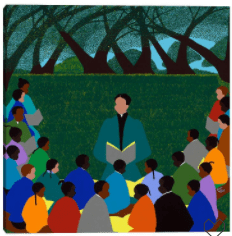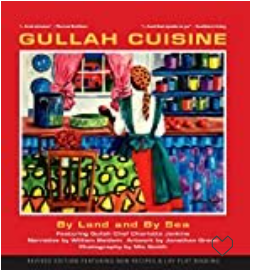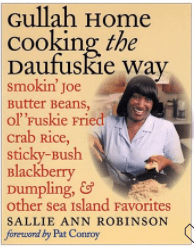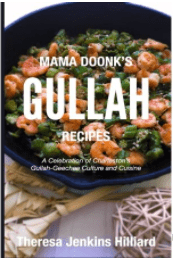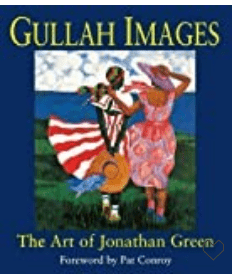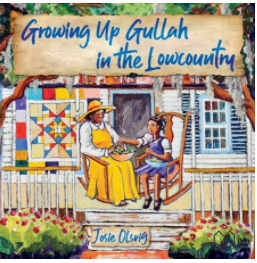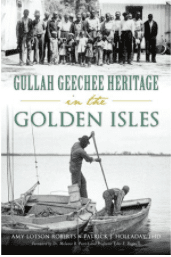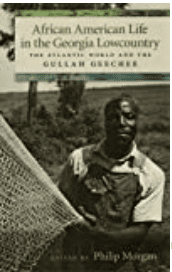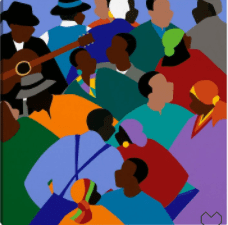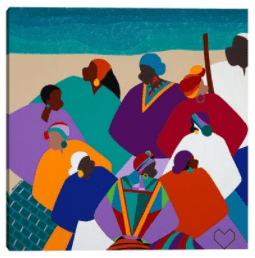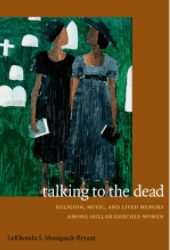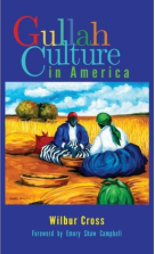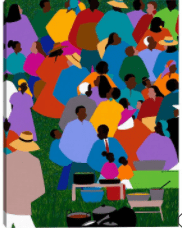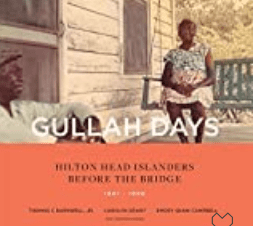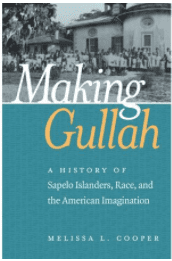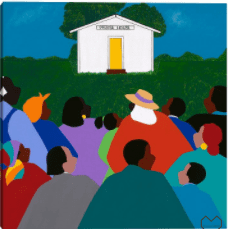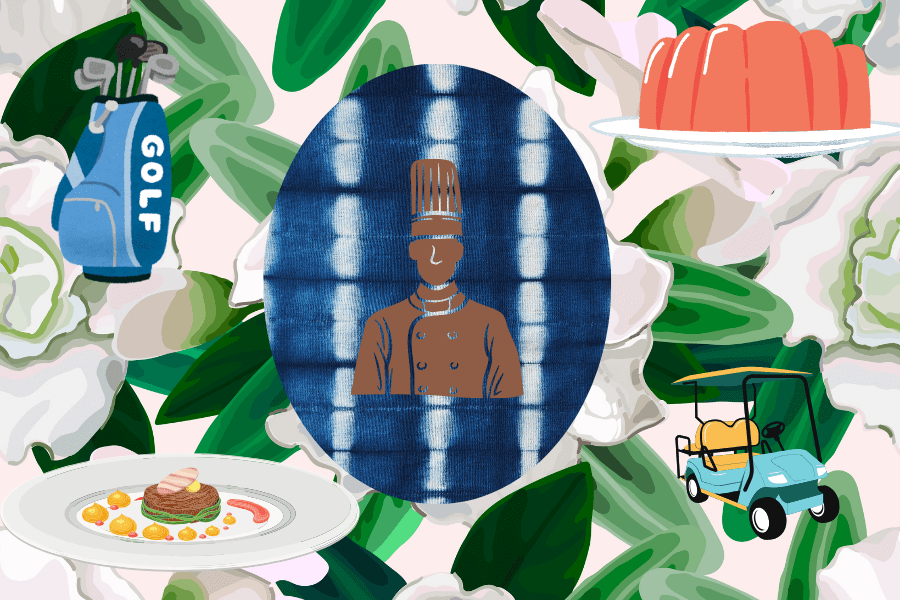
One has to wonder if the late chef James B. Clark, Jr. was ever allowed to play golf and eat in the dining rooms of Augusta National Golf Club. We know that he was a golfer. In fact, that’s an understatement. He was a golf fanatic who would grow antsy if his pastor’s sermon meandered and interfered with his tee time on Sundays. Assuming he was playing in Augusta or his hometown of Holly Hill (South Carolina), he was probably playing the municipal course known as The Patch in Augusta or at a public course near Charleston. The dining thing is plausible, especially if a member of Augusta served as his host, that is if it was permissible. James Clark most certainly ate the food though not as a member of the private golf club. He not only ate it, he oversaw the preparation as the head chef for almost 30 years.
Golf Digest, in a published tribute to Chef Clark, wrote, “Chef’s first dinner at Augusta, prepared for Clifford Roberts, everything piping hot and rushed to the dining room for the club’s founding chairman, consisted of roast leg of lamb, little oven-browned potatoes and carrots half-cooked to stay crunchy.”
Clifford Roberts co-founded Augusta National with Bobby Jones in the 1930s. He is quoted as declaring, “As long as I’m alive, all the golfers will be white and all the caddies will be black.” Two years before Roberts took his own life (James Clark was one of the Black staff to find his body), Lee Elder became the first African American golfer at the Masters Tournament, which is two years after James Clark served Roberts and took a position at the elite golf club. After serving a meal he liked, Clifford Roberts demanded that the club give James Clark whatever he wanted to work at Augusta.
In hiring Clark, Augusta hired an elite chef. The chef cut his chops at exclusive resorts: The Breakers in Palm Beach and the Whiteface Inn in Lake Placid. He was 28 when he became a chef and in his early thirties when he took the helm of one of the most prestigious kitchens in the South.
Augusta National prided itself on its impeccable service to members and guests, though Chef Clark was classically trained, he articulated the club’s mission by serving high-quality food. The highest priority was comfort, which was reflected in the menu. Golf Digest reported, “the dining-room menu speaks to the relaxed atmosphere of the place. Only the soups vary daily. Otherwise, the choices include steak, broiled fish (‘with no fancy sauces on it,’ a regular diner says), fried chicken, macaroni and cheese, green beans, squash and corn bread. There is shrimp cocktail for an appetizer and ice cream or a delicious peach cobbler for dessert. French fries are not served, because Roberts thought they were unhealthy.”
As homespun as Augusta’s menu was, there were occasions Chef Clark relied on his training to serve members and others during the Masters Tournament. During the Masters, the chef slept a couple of hours per night in a bungalow provided by the club. He attended to the increased activity on the grounds and oversaw special dinners like The Champions Dinner, when the previous year’s Masters winner hosted a feast for Masters officials, past winners and some guests.
Chef was there when Tiger Woods won his first Masters in 1997 and hosted his first dinner in 1998. Most will recall the remarks of Fuzzy Zoeller, who as the New Times reported, “In a taped interview that was shown on CNN on Sunday, Zoeller called Woods a ‘little boy’ and urged him not to request fried chicken and collard greens at next year’s Champions Dinner at the Augusta National Club. In an initial apology on Monday, and again yesterday, Zoeller said he was joking.” Below is the menu Woods worked on with Chef Clark for his dinner.


The chef relied on discipline, hard work and skill to run his kitchen, but there were times when he relied on his wit. A former caddy shared a story of the time Roberts demanded pound cake with his dinner. There wasn’t any, so Chef Clark hightailed it to the grocery store for a few tins of Sara Lee, which he doctored much to Roberts’ delight and ignorance. It would take some time before the chef confessed.
Chef Clark met many of golf’s greatest during his time at Augusta National, but he regarded none greater than his family and family of friends in South Carolina’s lowcountry. He spent his days off and his summers off, when Augusta was closed, at his home in Holly Hill. His family had lived in the area for over three generations. Home was his wife Minnie Gilliard Clark, his children and a host of relatives and lifelong friends who shared a similar lifestyle of golf, fishing and hunting. Peace.
Sadly, as Chef Clark was mulling over retirement in 2002, he was murdered by his youngest son. The event was senseless and tragic. The loss of James Clark, Jr. was felt deeply by his beloved family, community and Augusta National colleagues. Hootie Johnson, the former chairperson of Augusta National, said, “I don’t know what we’ll do, because Chef Clark was Augusta National.”
